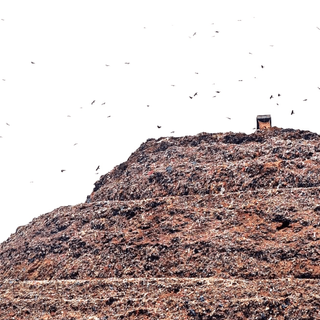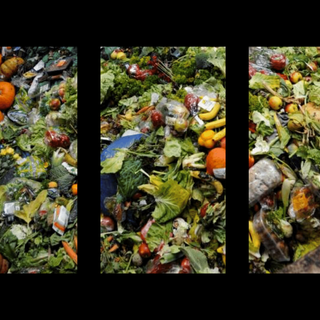A meteorite that landed in the Sahara Desert in 2020 is older than the Earth itself, researchers have found. While the Earth is around 4.54 billion years old, the meteorite is around 4.56 billion years old.
“I have been working on meteorites for more than 20 years now, and this is possibly the most fantastic new meteorite I have ever seen,” Jean-Alix Barrat, co-author of the paper published in PNAS and a researcher at the University of Western Brittany in France, told The New Scientist. Further research on this rock will help scientists understand how planets formed in the early solar system.
The meteorite is named Erg Chech 002 (EC 002), after the Algerian site where it was found. It’s made up of a rock called andesite, usually found in subduction zones, or areas of the Earth where tectonic plates collide and layer above or below each other. Researchers say the magma that created EC 002 took more than 100,000 years to solidify.
Related on The Swaddle:
Earth’s Mass Extinctions Aren’t Random, Follow a 27‑Million‑Year Cycle: Study
Most meteorites discovered on Earth are made of a volcanic rock called basalt rock, and researchers confirm that no known asteroid looks like EC 002, making this find incredibly rare. Researchers estimate this meteorite was a part of an ancient protoplanet — a large body orbiting the sun in the process of developing into a planet. The rarity of the find also indicates that nearly all of the protoplanets that existed once either formed into planets or were destroyed.
“When you go close to the beginning of the solar system, it’s more and more complicated to get samples,” Barrat adds. “We probably will not find another sample older than this one.”




